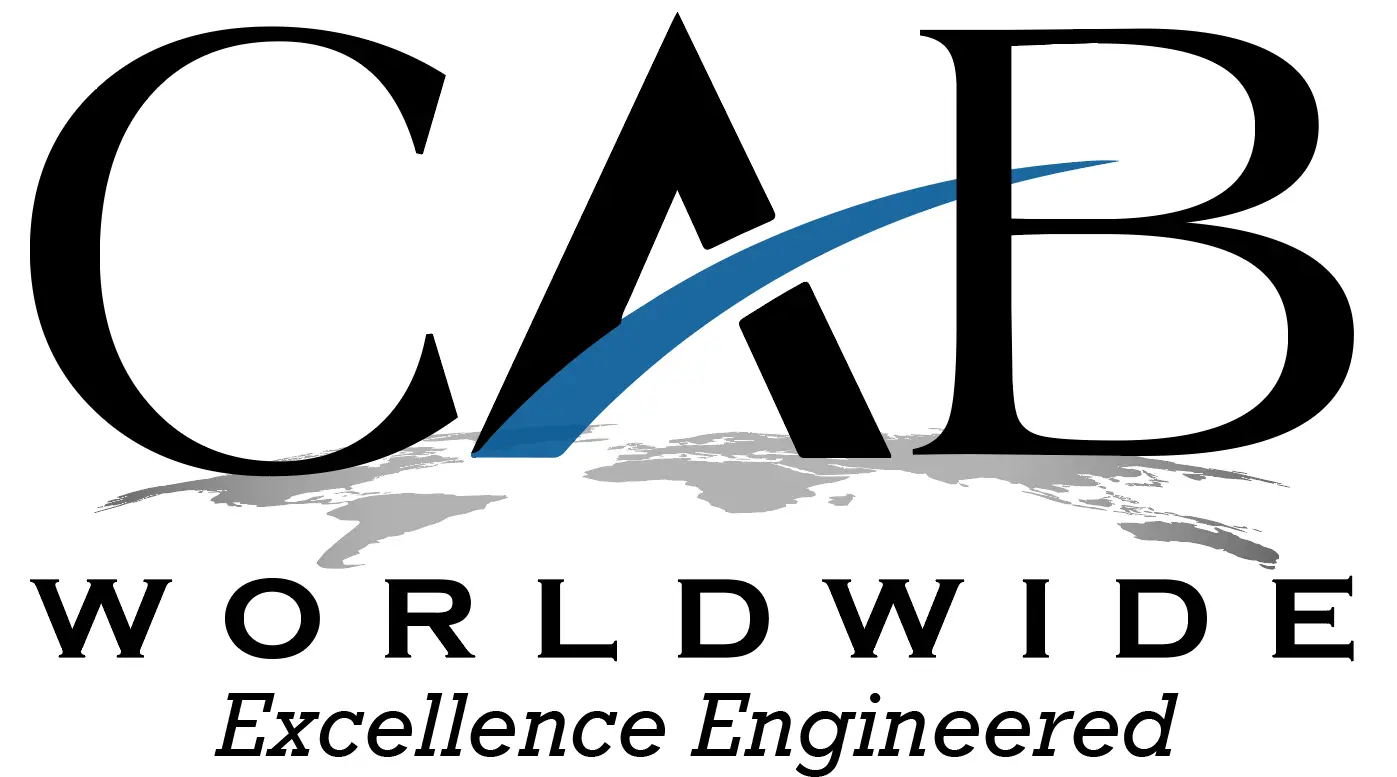It seems that every week, another major brand or organization is hit by hackers stealing consumer data. In fact, you may have had your own close calls or had to change your credit card number after visiting prominent retailers that ended up getting hacked. But these companies are major targets and are known globally; do smaller companies have anything to worry about? Absolutely.
Cyber predators are not just targeting major corporations – they’re also going after individuals and small businesses. Criminals are increasingly using “ransomware,” to extort people and companies. Just as the name would suggest, this is a software that is able to hold your computer and/or files up for ransom until you send through the demanded payment. The software is usually sent via email, so anybody with an email address is at risk.
What can companies do to minimize hacking risk?
- Educate employees about best practices – ransomware is often spread via email. Encourage employees to double check all file names before downloading anything, and to check all links carefully before clicking to open them. If anything looks strange or out of place, best to err on the side of caution.
WeLiveSecurity also offers the following tip for protecting employee emails:
“If your gateway mail scanner has the ability to filter files by extension, you may wish to deny mails sent with “.EXE” files, or to deny mails sent with files that have two file extensions, the last one being executable (“*.*.EXE” files, in filter-speak). If you do legitimately need to exchange executable files within your environment and are denying emails with “.EXE” files, you can do so with ZIP files (password-protected, of course) or via cloud services.”
- Back up all necessary data frequently – these cyber criminals bank on the fact that you need the files they’ve encrypted. But if you already have everything stored in an external hard drive, they’ll have little hold over you. Make sure you back up all files regularly on an external drive, and then disconnect the drive from the computer to prevent malware from spreading. If you can keep files stored in more than one location, all the better.
- Consider cloud based storage – even if you have an external hard drive, it’s a good idea to have your most important files stored in more than one outside location. Hard drives themselves can be corrupted or damaged. Using a cloud based storage option like Google drive can help you access files from any location (which is especially helpful if your entire computer is locked and out of commission).
- Keep anti-virus software updated – your first line of defense should always be your anti-virus software, and it can only work efficiently if it is regularly updated. Also keep up to date with operating system patches and browser plugins. New software releases and system updates can help catch malware that’s been identified in the past.
Though it’s nearly impossible to remove the risk of ransomware, by following the above steps, your company’s data will be better protected. Make sure you’re aware of any new security updates, and pass along any and all information to your employees. Even if you know better than to open a suspicious link, it won’t make a difference if your employees are unaware of best practices. Get everyone up to speed, and don’t take cybersecurity for granted.
